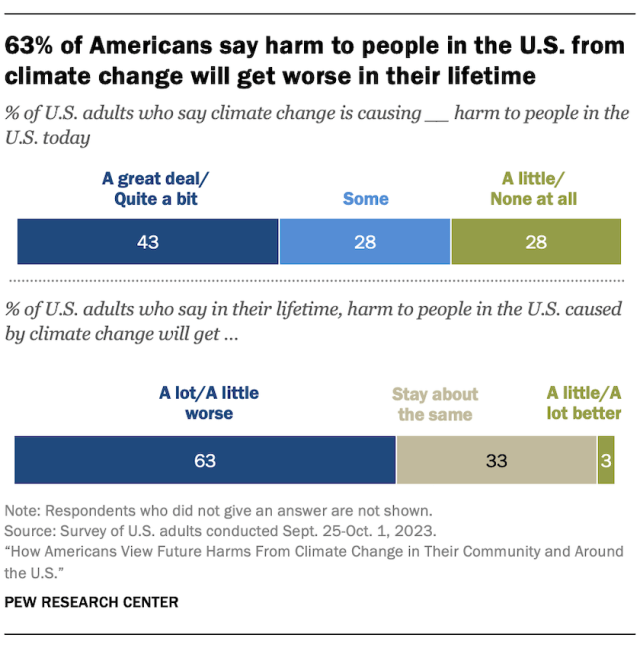[ad_1]
Gov. Ned Lamont and legislative Democrats made headlines recently when they announced their intention to ban the sale of new gas-powered vehicles in 11 years, a move we fear will all but eliminate consumer freedom while increasing the financial pressure on residents and business owners already squeezed by Connecticut’s infamous tax and regulatory environment.
Those concerns aside, the proposed regulation to have 100% of new passenger vehicles sold be green vehicles by 2035 raises many other familiar but critical questions about electric procurement, grid resiliency, and charging infrastructure.
The effort to curb air pollution is a laudable objective, but the metrics to realize this goal haven’t been flushed out. Connecticut should be looking for realistic ways to decrease electricity rates like additional natural gas pipeline supply and modular nuclear power. As we see from offshore wind developer Orsted pulling out of proposed wind projects, renewables can supplement our power supply but will never be the primary. By switching to all EVs, the reality is you are just switching emission from tailpipe to smokestack.
Democrats have, by and large, brushed off these real-world concerns associated with their push to have our state follow California’s regulatory model and prohibit not just gas-powered cars, but also trucks that transport goods and provide services throughout our state.
Trust us, they say, technology will improve significantly by 2035, and there will be more than enough public, commercial, and residential charging stations for everyone. The electric grid as it is today won’t be able to handle this increased demand. We’re threatened with rolling blackouts each summer out of fear that the grid won’t be able to handle the current demand.
How much it will cost the state to build the charging infrastructure and grid capacity needed to make this a realistic future and to not disrupt life? One utility estimated it will cost $2.5 billion, billed back to the rate payers. Can you afford another huge increase on you monthly electric bill? Are you ready to wait in line for hours to charge your EV at a Connecticut rest area?
These feel-good regulations also ignore the actual, disastrous effects to the world’s environment that comes from just the battery manufacturing process. The supposed experts also do not know what to do with all the spent EV batteries, or the damage that will do to the environment over time. These critical materials have a finite supply, and as we found out during the computer chip shortage, supply chain delays could hamper the timeframe of being all-electric for passenger vehicles by 2035. All these factors increase our dependence on foreign countries for commerce in Connecticut and in the U.S.
Additionally, it takes up to eight years of driving an EV to recoup the emissions of manufacturing that EV, not to mention the massive increase in auto insurance costs. After an accident, an EV is more likely to be declared a total loss after a crash because of the cost to replace a damaged or compromised battery.
Artificially creating this market depends on many external factors for the environmental goals to be successful. Forcing Connecticut residents and businesses into this very expensive lifestyle change, based on rebate and incentives paid for by tax dollars, will make some feel better to plug in versus gassing up, but it’s political bludgeoning of the majority of our residents into subjugation. Massive changes in the way people live and do business should happen by evolution, not revolution.
There’s a similar feeling nationwide. Pew Research Center recently released a Climate-Energy Report noting that Americans support reducing the effects of climate change through targeting greenhouse gas emissions, but that only 31% of Americans currently support phasing out the use of fossil fuel energy sources altogether. About 32% say the U.S. should eventually stop using fossil fuels, but don’t believe the country is ready now. Fewer than half of the public (40%) favors phasing out the production of gas-powered cars and trucks. Support for this policy is seven percentage points lower than it was two years ago.
We encourage residents and businesses that will be impacted by these regulation changes for passenger, and medium- and heavy-duty vehicles to contact the Democrat members of the Regulations Review Committee before their Nov. 28 meeting, where they will vote on the proposed regulations. Contact information can be found on the committee’s website.
Rep. Patrick Callahan (R-108), is Ranking Member of the General Assembly’s Environment Committee. Rep. Billy Buckbee (R-67) is Ranking Member of the Energy & Technology Committee. Sen. Stephen Harding (R-30), is Ranking Member of the Environment Committee.
[ad_2]
Source link

